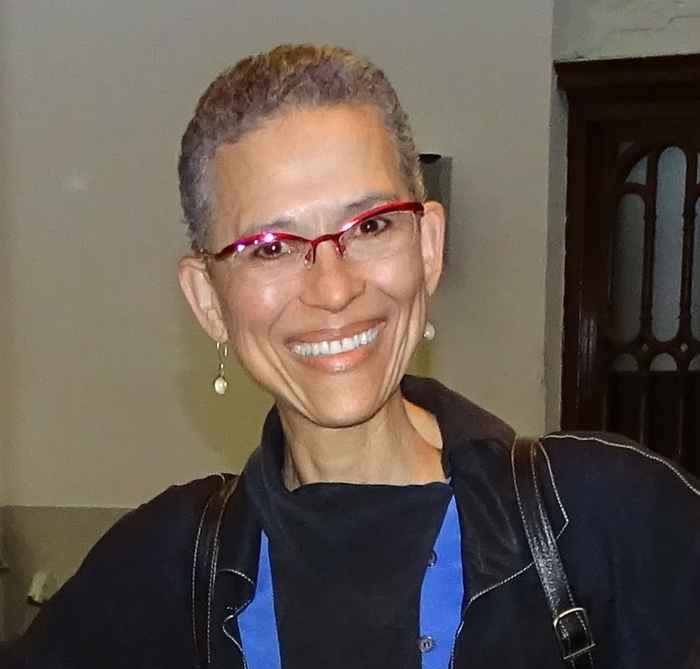Keynote lecture Philomena Essed
From Everyday Racism to Responsible Risk Taking in Higher Education

Philomena Essed
From Everyday Racism to Responsible Risk Taking in Higher Education
In our everyday experiences, we often encounter a strong preference for uniformity, rigid expectations, and subtle acts of exclusion. These subtle instances of everyday racism, which extend beyond dramatic incidents, represent a continuous stream of daily affronts to our shared humanity.
Understanding Systems of Dominance
To challenge these norms effectively, it is crucial to understand their connection to broader systems of dominance, a web that includes social, cultural, and economic influences.
Over the past two decades, we've witnessed what we refer to as "social-cultural-economic cloning" significantly impacting our universities and institutions of higher education. Tackling these oppressive structures can indeed be intimidating and fraught with risks.
Opportunities Amidst the Challenges
However, it also presents a unique opportunity for self-transformation, increased care for others, a more harmonious relationship with nature, and the betterment of the organizations and communities in which we live.
This endeavor includes redefining the purpose and relevance of universities, particularly in safeguarding the future, be it human or non-human, in an increasingly uncertain world. In some instances, we find a diverse array of students and personnel, including chancellors, presidents, teachers, and professors, daring to take calculated risks.
The dividends of embracing responsible risk-taking in higher education, can be profound – a source of great joy, a pathway to the pleasures of learning, and a trove of enriching relationships. These daily experiences can carry profound meaning for the entirety of our lives.
After her lecture, Philomena will have a conversation with Prof. dr. Maggi Leung, from our Geography department.
About Philomena Essed
Philomena Essed is a distinguished professor known for her pioneering work in critical race and gender studies. She holds a PhD from the University of Amsterdam and has received honorary doctorates from the University of Pretoria and Umeå University. Her research spans international boundaries and encompasses concepts like everyday racism, gendered racism, entitlement racism, and racism knowledge.
Essed's influence is far-reaching, with her work being applied in various countries, including the US, Canada, South Africa, Sweden, and more. She has lectured globally and is proficient in both English and Dutch, with some of her works translated into multiple languages.
Her extensive publication history includes renowned books such as "Everyday Racism: Reports from Women of Two Cultures" and "Understanding Everyday Racism: An Interdisciplinary Theory." She is also committed to social justice and has advised governmental and non-governmental organizations.
Essed's advocacy and expertise have taken her to international platforms, including the European Parliament, the United Nations Economic and Social Council, and the United States Helsinki Commission. She is a founding faculty member of the Black Europe Summer School, and in 2011, she was honored with a Knighthood by the Queen of the Netherlands.
Documentary
On October 19, the video documentary 'Everyday Dignity' by director Ida Does premiered. Does paints a portrait of anti-racism pioneer Essed and brings her influential book 'Everyday Racism' into the present. 'There is still so much hunger for her books and insights.'
The documentary shows the commitment Philomena Essed has made for years. Is the book still relevant after all these years? With Philomena Essed herself, prominent figures such as Gloria Wekker, Marion Bloem, Princess Irene and Anja Meulenbelt, and with the next generation of activists, Ida Does explores the significance of Philomena Essed's work.